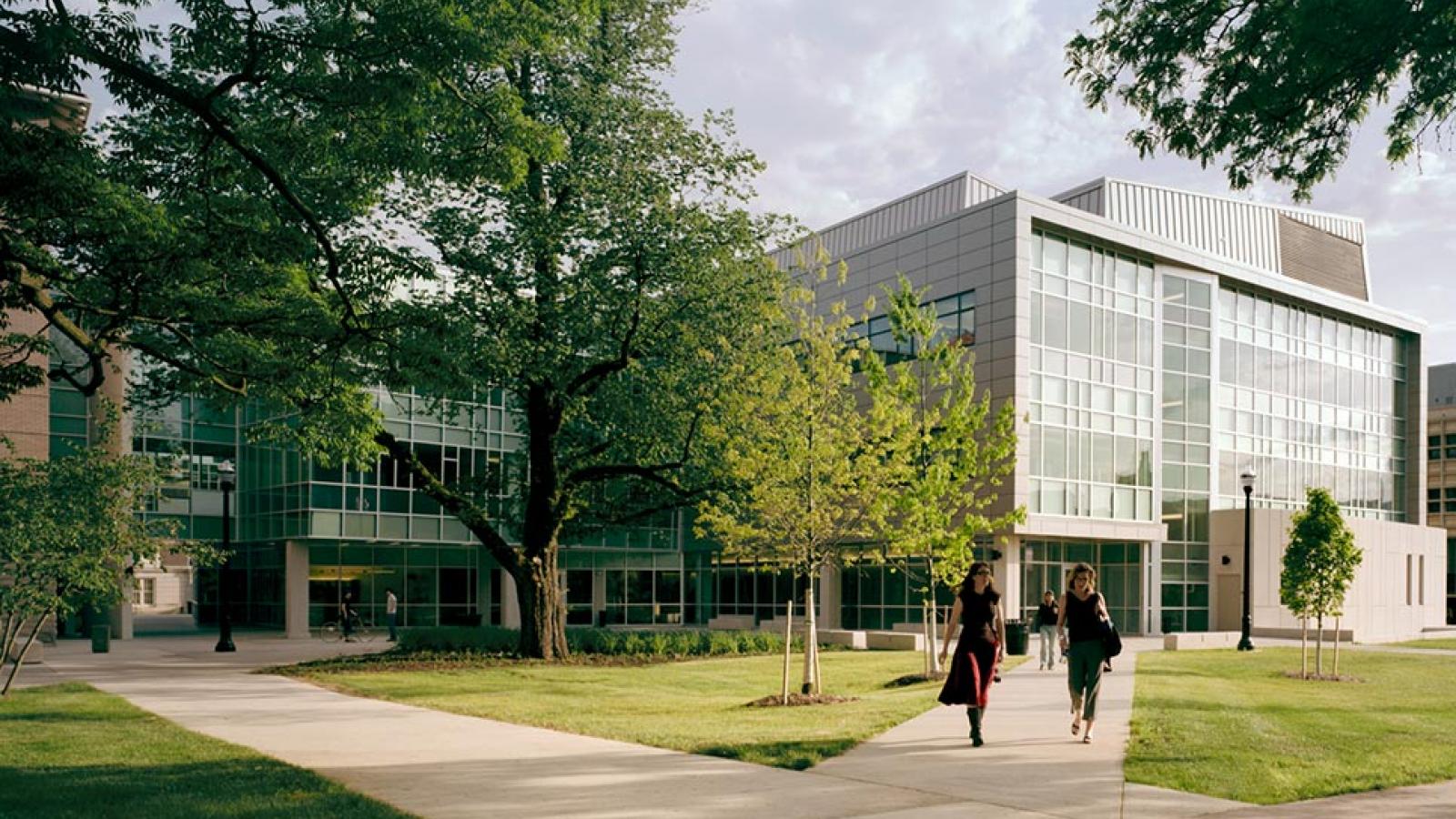Program Orientation
The Psychology Department is excited to offer a new graduate program in Cognitive Neuroscience! This cross-area training program is geared towards students who study the human mind and brain from a variety of perspectives, with a special emphasis on sophisticated training in neuroimaging methods and analysis. Faculty and students in the program have research interests which span a multitude of areas, including visual perception and cognition, memory and learning, computational cognitive neuroscience, neuroeconomics, social cognitive neuroscience, developmental cognitive neuroscience, and clinical cognitive neuroscience. The goal of the program is to bring together students from all of these areas to offer both breadth and depth of training in the practical and theoretical aspects of cognitive neuroscience, so that they can produce exciting new research and graduate with all the tools to be successful independent cognitive neuroscientists.
Students will be exposed to training in a variety of research methods, including functional magnetic resonance imaging (fMRI), electroencephalography (EEG), and computational modeling. In addition to training in neuroimaging methods and analyses, students will also receive training in a concentration (area of content specialization) of their choosing, including Cognitive Psychology, Developmental Psychology, Clinical Psychology, Social Psychology, Decision Psychology, etc.
Programs of Study
Students enrolled in the PhD program in Cognitive Neuroscience are expected to complete a sequence of courses including a first-semester survey course titled Techniques & Topics in Cognitive Neuroscience; two semesters of Statistical Methods in Psychology, one cog neuro experimental methods course (e.g., Intro to fMRI, Intro to EEG); and one cog neuro analysis methods course (e.g., Adv. fMRI Analyses, Model-based Cognitive Neuroscience, Intro to Scientific Computing for Psych & Neuro). Students also take at least two additional course in a concentration of their choosing (e.g., Cognitive, Developmental, Clinical, Social, Decision, etc). All students are also expected to attend the weekly CogNeuro brown bag (weekly meetings including faculty & student research talks, professional development, fMRI users workshops, responsible research practice).
Students in the program are expected to join a research lab and become involved in research from the moment they begin the program. During their first two years, students complete a first-year research project and then a Master's thesis. After successfully completing a candidacy examination at the end of the third year, students are admitted to a Ph.D. candidacy. An additional one to two years are typically spent completing the Ph.D. dissertation.
Concentration Requirements
Students enrolled in other graduate programs within the Psychology department can choose to complete a concentration in Cognitive Neuroscience. Course requirements include Technique & Topics in Cognitive Neuroscience, two semesters of CogNeuro brown bag, and one additional course offered through the program, including Intro fMRI, Intro EEG, Adv. fMRI analyses, Model-based cognitive neuroscience, Developmental Cognitive Neuroscience, Social Cognitive Neuroscience, Decision Neuroscience, etc.
Neuroimaging Facilities
The Center for Cognitive and Behavioral Brain Imaging (CCBBI) is a state-of-the-art MRI facility, housing a newly upgraded Siemens Prisma 3 Tesla MRI scanner with integrated Total Imaging Matrix (TIM) system, 32-channel phase array receiver head coil, and all the necessary ancillary equipment and expertise to carry out high quality structural, functional, and diffusion imaging studies. The scanner is conveniently located in the basement of our Psychology Building. The Psychology department also has an EEG facility, containing two electromagnetically-shielded and sound-attenuated testing rooms, each with its own Brain Products active-electrode EEG system (128 channels). These and other resources provide our laboratories easy access to cutting-edge research technologies.
Financial Support
The program aims to provide all students with complete financial support for at least five years, including a monthly stipend and tuition and fee waivers. University Fellowships are available on a competitive basis and are matched with departmental teaching assistantships and/or faculty research grant assistantships.
Core Faculty:
- Julie Golomb
- Jasmeet Hayes
- Scott Hayes
- Andrew Leber
- Hsin-Hung Li
- David Osher
- Ruchika Prakash
- Zeynep Saygin
- Brandon Turner
- Dylan Wagner

